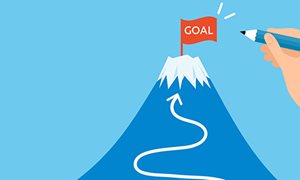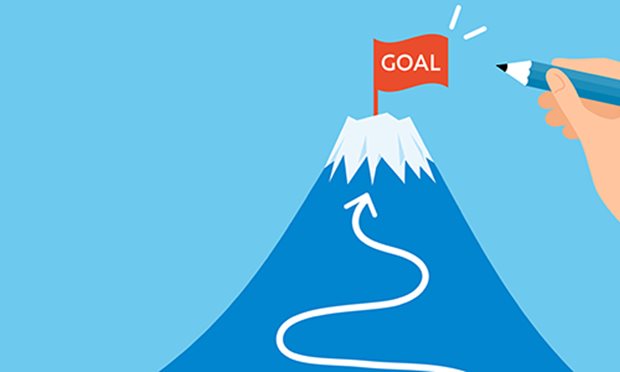Protocol paper
The Healthy Brain Study will result in a unique and accessible resource for the scientific community and its public and private partners. Data are collected through cognitive, affective, behavioral, and physiological testing, neuroimaging, bio-sampling, questionnaires, ecological momentary assessment, and real-world assessment using wearable devices. Read moreProtocol paper
The Healthy Brain Study will result in a unique and accessible resource for the scientific community and its public and private partners. Data are collected through cognitive, affective, behavioral, and physiological testing, neuroimaging, bio-sampling, questionnaires, ecological momentary assessment, and real-world assessment using wearable devices. We believe that the HBS complements other studies – small and large –, which together enable the scientific community to take the next step in understanding the human brain and how it dynamically and individually operates in its bio-social context.
Read here the publication of the paper describing the rationale and the design of the Healthy Brain Study.



